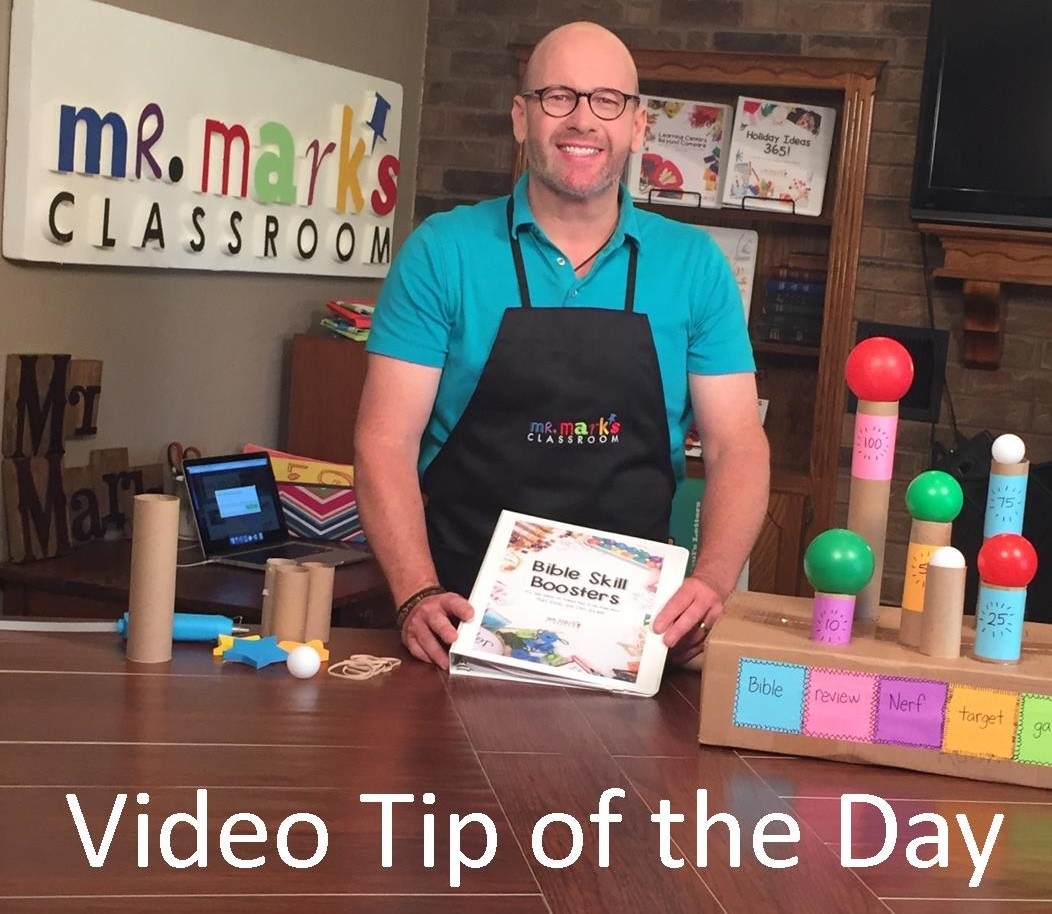My daughter is so excited about her new job! She is working for a day care after school and she loves the kiddos. I’m not surprised at all. She is really great with the kids. Her friend also started working there and they were giddy when they got their first paycheck. You remember that day, right? Nowadays everyone is just relieved the paycheck got to the bank in time. Ha!
Bad news- Last week, my sweet, enthusiastic daughter came home from work and did not feel well. It seemed like she was just tired, but that was just the calm before the storm (or should I say the hurricane). It was a night to batten down the hatches. Violent winds and explosions of precipitation were coming from all directions or better stated, both directions.
There was fear (me) and calls for help (her) which triggered life saving measures that only mothers know without any formal training. Later, it led to the second wave of disaster to hit our house. Let me just say, mom is amazing! Not because she is an RN every day of the week, but that she can nurse this family back to health then brave the sickness herself in total isolation since we are all scared to death we might be the next victim.
She’s fine now (BTW). It all came from the blessed daycare and those precious kids! So let me suggest some ideas since my wife is not there to nurse you back to health. Keeping sickness out of the classroom is an ongoing struggle. Please consider these simple suggestions and see if it can help you and your class stay healthier this time of year.
- Awareness- Be aware of health issues in your community.
- Cleanliness- If needed, provide extra personnel and/or supplies to clean and sanitize children’s rooms even more stringently during critical seasons.
- Policies- Make sure health policies are in place. Include specific ways to measure signs of illness (fever, diarrhea, vomiting, rash, etc). Include room cleaning and sanitizing requirements. Provide copies of these for parents and leaders.
- Training- All leaders must know and comply with health policies. Include procedures in annual or seasonal training sessions and regular avenues of communication, such as weekly leader emails.
- Education- Keep your leaders and parents informed about current health issues. Develop health information forms for quick response to issues such as exposure to lice. Provide email links to helpful websites such as the Centers for Disease Control or the American Academy of Pediatrics or kidshealth.org/parent or links from these sites regarding specific seasonal diseases, or ones that seem to be “going around.”
- Practice Good PR- If a parent is concerned about a child being exposed to a disease at church, or if you must remove a symptomatic child from a classroom, handle the conversation with care, compassion, confidentiality, and professionalism.
- Practice What You Preach- Model the good health practices you want others to follow, such as washing hands frequently and covering coughs. Stay home if you are sick, and encourage your leaders (as difficult as that is) to do the same.
- Provide Sanitizer- If possible, encourage your church to provide hand sanitizer at multiple stations around the church.






